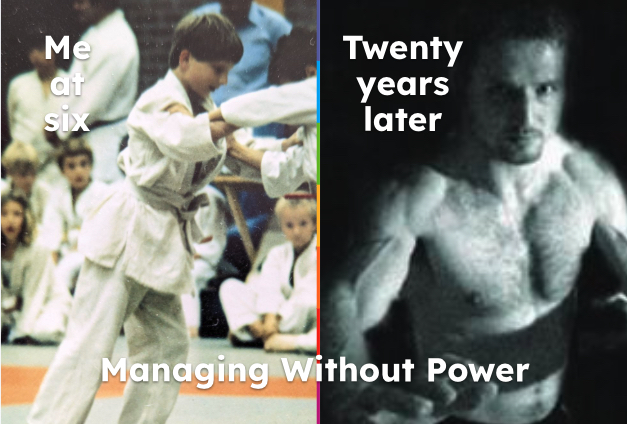In 2011 Google founder Larry Page took over the CEO role from Eric Schmidt. His first statement was to send a company wide e-mail about the effectiveness of meetings. I still remember receiving that e-mail. Its lessons are a powerful reminder of the importance of consciously cultivating team norms.
Larry Page's Golden Rules for Effective Meetings
Lack of meeting effectiveness is probably the most common AND underestimated problem that slows organizations down. Larry’s mail was widely reported in the media. I still remember receiving it, about one year after joining Google. Larry gave following guidelines:
- Every meeting must have a clear decider
- You can debate topics, but once decided, everyone executes as if the decision was their own
- Every meeting has a clear purpose, structure, and agenda
- Everyone must be fully present (be on time, no multi-tasking)
- Hold meetings in small groups, and widely circulate notes
- Adhere to time constraints
Agreeing Team Norms isn't Enough: You Must Cultivate Them
These guidelines resonate with every group I show them to. They know these are important, they are conscious they aren’t applying them consistently…yet still don’t do it.
That’s because these behaviors are a form of ‘team norms’. When you want people to LIVE BY team norms, it's (unfortunately) not sufficient to agree together what those norms should be. You have to consistently CULTIVATE team norms (after agreeing on them together): it’s behavioral change. Behavioral change is hard when trying to go through it yourself, and it’s even harder when you want to drive behavioral change in teams and organizations.
Three Pillars for Creating a Lived Team Culture
LIVED team norms are the sum of:
- What you ROLE MODEL: leaders must role model team norms consistently.
- What you TOLERATE: when people don't live by team norms, gentle nudges mostly do the job. When people consistently ignore nudges, you need to do whatever it takes, in worst cases fire the person. If you don’t do this, your culture becomes what you tolerate.
- What you AMPLIFY: amplifying is mostly done by complimenting and thanking people. That doesn't require grant gestures. In fact, the most powerful instrument is a quick in-the-moment one-on-one thank you, in person or over chat. When your compliments are genuine and specific, they boost morale in powerful ways.
Meaningful Meetings and Team Norms are one of five Brilliant Basics of Managing Without Power. When you don't nail those basics, there are few things left you can still do well.
Three Questions for Self Reflection
When it comes to cultivating lived team norms, take some quiet time for yourself to answer the following questions:
- What norms do I want to be a role model for? What are the moments of truth when I can role model these norms through my actions every day?
- What behaviors do I want to see more from my team members? Which people are already demonstrating these behaviours? How can I amplify what they already do?
- What behaviors do I want to see less off in my team? Will gentle in-the-moment nudges do the job? If not, am I willing to do whatever it takes to stop the undesirable behavior? If not, what are the consequences for organizational culture when I allow this behavior to continue?
Then remind yourself every day: Have I demonstrated through my actions today that…..? Have I complimented team members on behaviors that contribute positively to team norms? Have I dealt with damaging behavior adequately?
The book Managing Without Power is now available on all local Amazon stores. Curious about what I can do for your managers and leaders? Plan an introduction meeting with me here.



